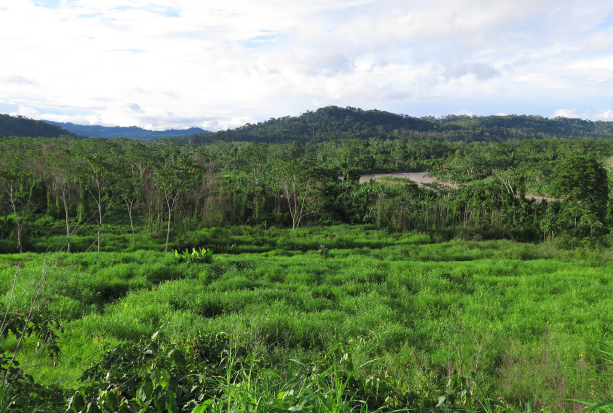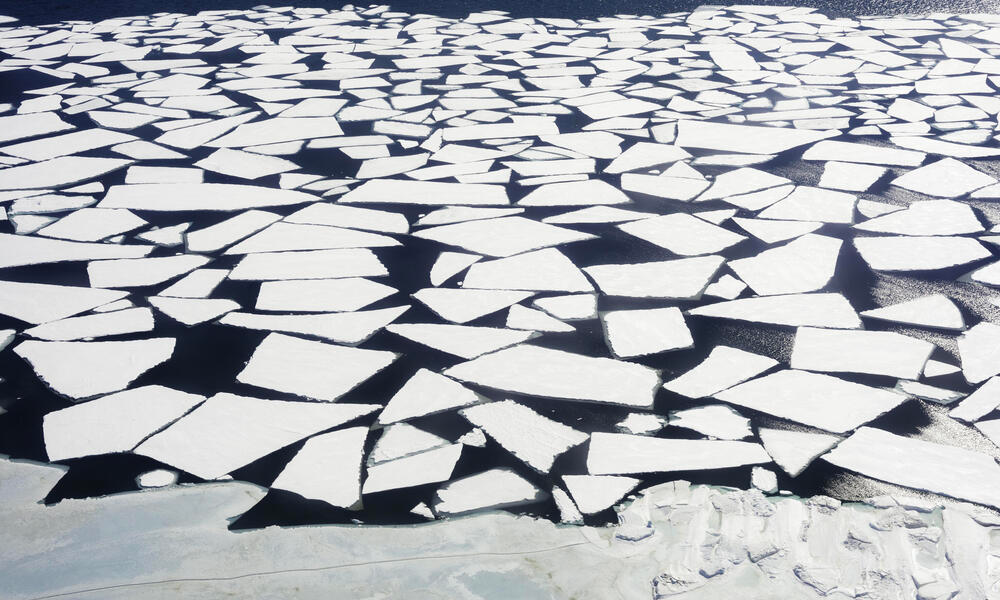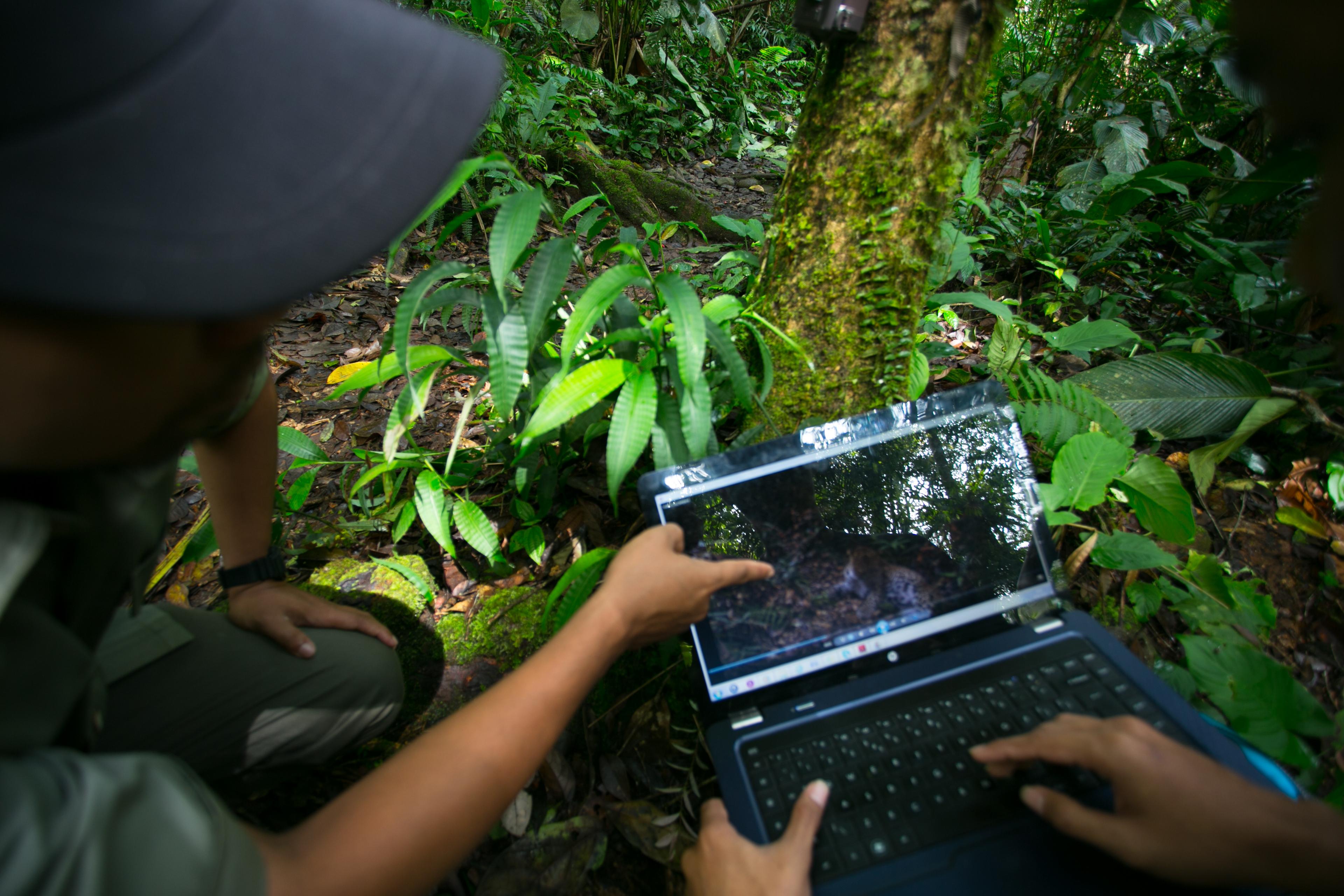Blog
A global database on environmental corruption could help protect nature and society

Highly corrupt democracies are little better at tackling environmental challenges than autocracies, with corruption a well-known facilitator of serious environmental harms worldwide. Yet, efforts to address environmental corruption are hampered by, among other things, a lack of systematised information on relevant cases.
Existing databases of environmental crimes and corruption
To be clear, a global database on environmental crimes does exist. The Environmental Investigation Agency (EIA) – a non-profit investigating and campaigning against environmental crimes and abuse – established the Global Environmental Crime Tracker precisely because no previous database existed. It is compiled from public sources, including government reports, enforcement agency press releases, non-governmental and academic papers, and media coverage in several languages. It focuses on cases of terrestrial and marine wildlife crime, plus illegal logging. With close to 12,000 entries, it provides information on cases, by species, country, port of seizure, and other categories. It can be searched via keywords, registering 64 incidents under the term ‘corruption’ at the time of writing.
In the TRACE Compendium, we also have a database of global anti-bribery enforcement actions. Most cases included are from enforcement actions under the US Foreign Corrupt Practices Act (FCPA) brought by the US Department of Justice and/or the US Securities and Exchange Commission. But it also includes a growing number of international anti-bribery enforcement actions brought by authorities outside the US, particularly signatories to the OECD Anti-Bribery Convention. As with EIA’s tracker, the TRACE Compendium is searchable using keywords, with a search using the term ‘environment’ returning 4 pages of entries in early 2022.
Transparency International have also recently launched a Climate and Corruption Case Atlas, bringing together cases, analysis, and learning on corruption in climate finance and related projects.
Shortcomings of the existing databases
But these existing databases only go so far. EIA acknowledge that their tracker represents just the tip of the iceberg of global environmental crimes. Such crimes are under-prioritised in many jurisdictions, with corruption often part of the reason for little, uneven, or no follow-up from authorities.
The TRACE Compendium, meanwhile, provides data on firms subject only to anti-bribery enforcement actions under a limited set of national laws (albeit with some extra-territorial reach). And Transparency International’s Atlas, though searchable by country, lacks a detailed search function of the kind needed by actors in law enforcement.
A new, comprehensive database could help
So, should a comprehensive global database on environmental corruption be constructed? Perhaps. There is significant long-standing evidence of corruption’s role in facilitating and exacerbating serious environmental harms. Arresting biodiversity loss requires, in many instances, tackling the corruption that allows environmental crimes to occur, or that provides the cover for serious environmental harms to become legally sanctioned acts. A fully searchable global database could assist state and non-state actors intent on addressing these issues, through law enforcement and other actions.
A range of methodological and ethical dilemmas would have to be tackled in creating such a database. How should entries be triaged to ensure only credible cases of corruption are included? Should cases only be based on completed law enforcement actions? If so, should actions from all national jurisdictions be considered equal? Or should some other approach be taken, given the uneven application of the rule of law?
These are all tricky questions. But surely, issues worth engaging with if we are to counteract the pernicious effects of environmental corruption.
Disclaimer
All views in this text are the author(s)’, and may differ from the U4 partner agencies’ policies.
This work is licenced under a Creative Commons Attribution-NonCommercial-NoDerivatives 4.0 International licence (CC BY-NC-ND 4.0)


